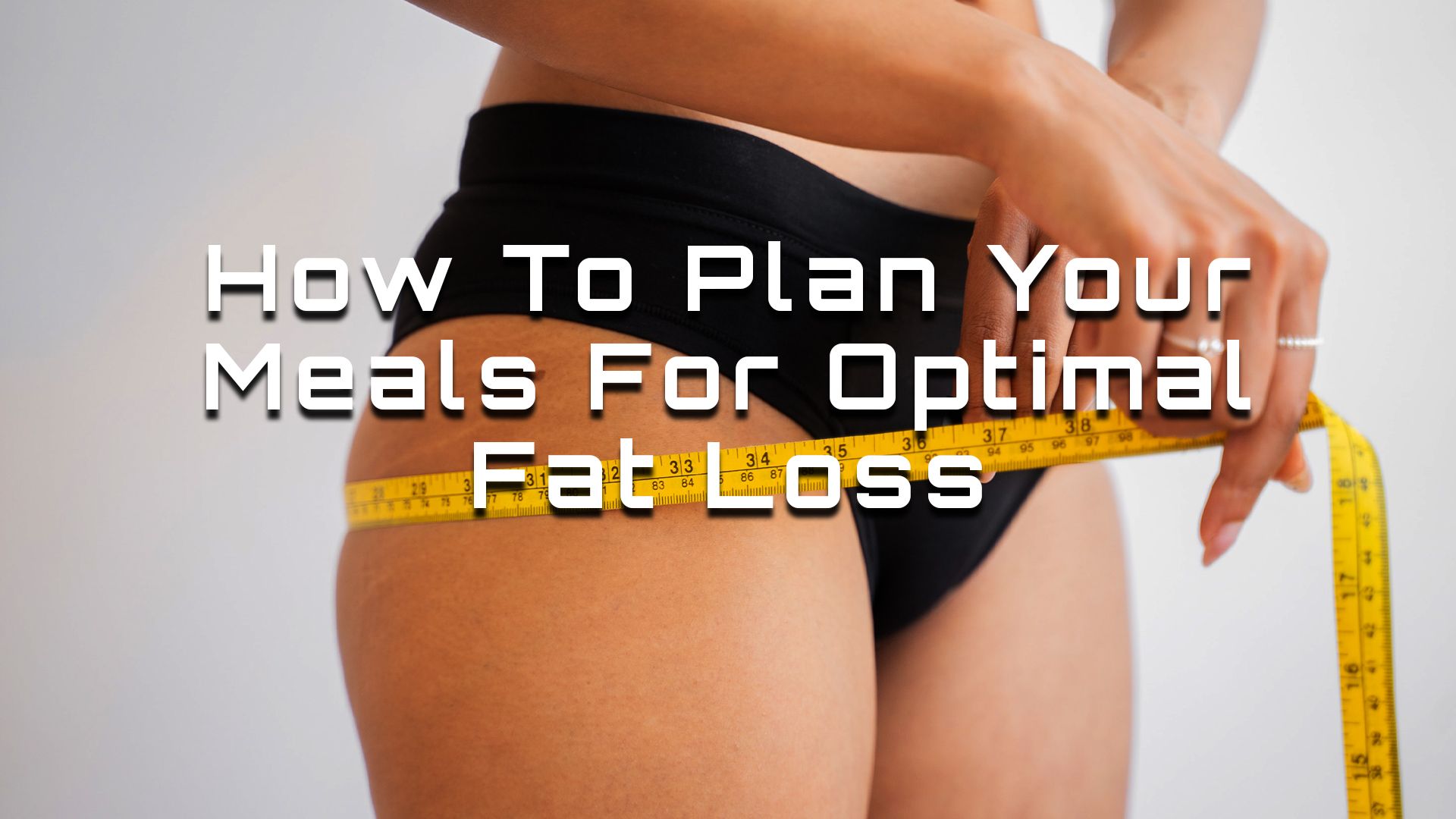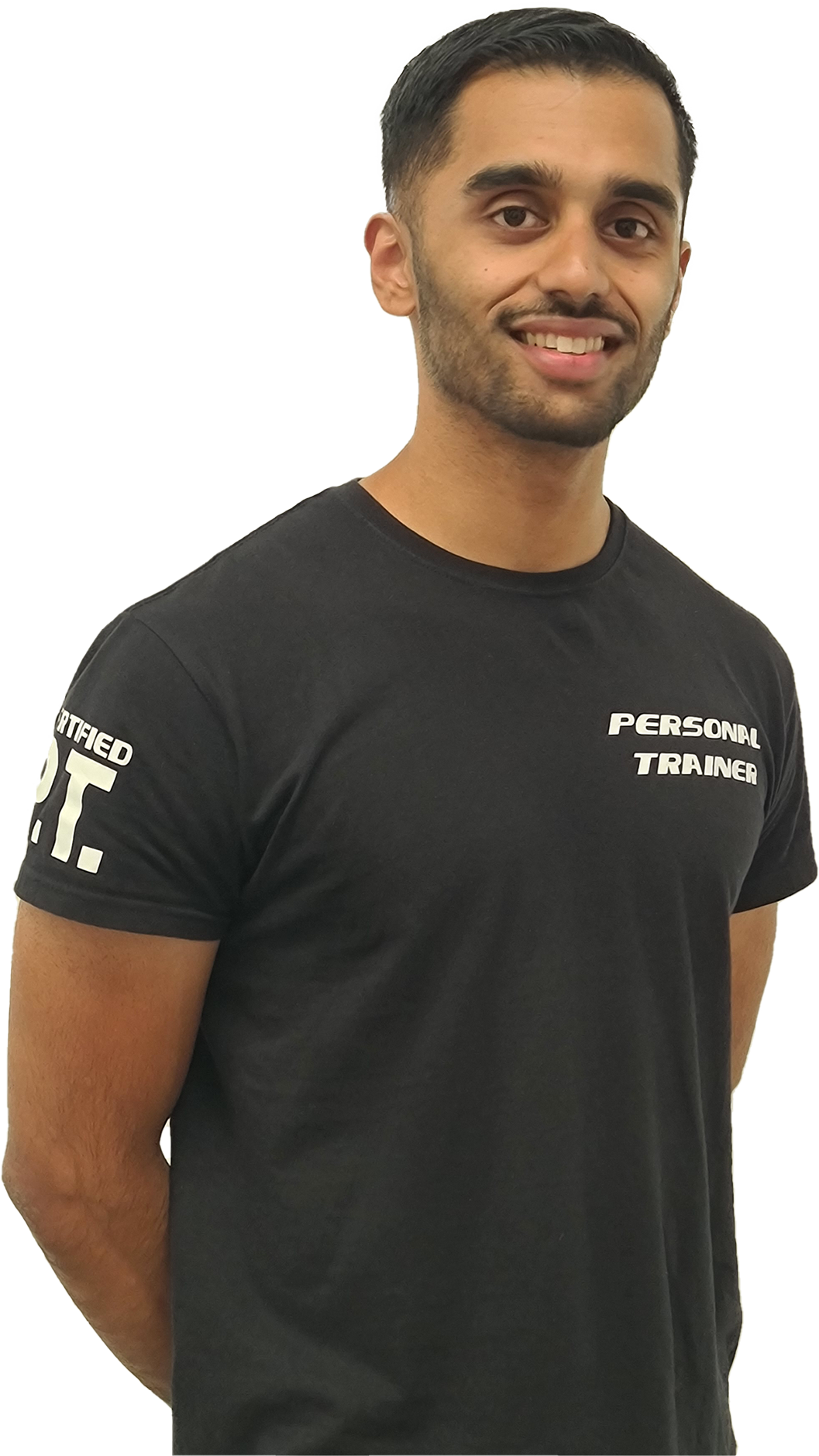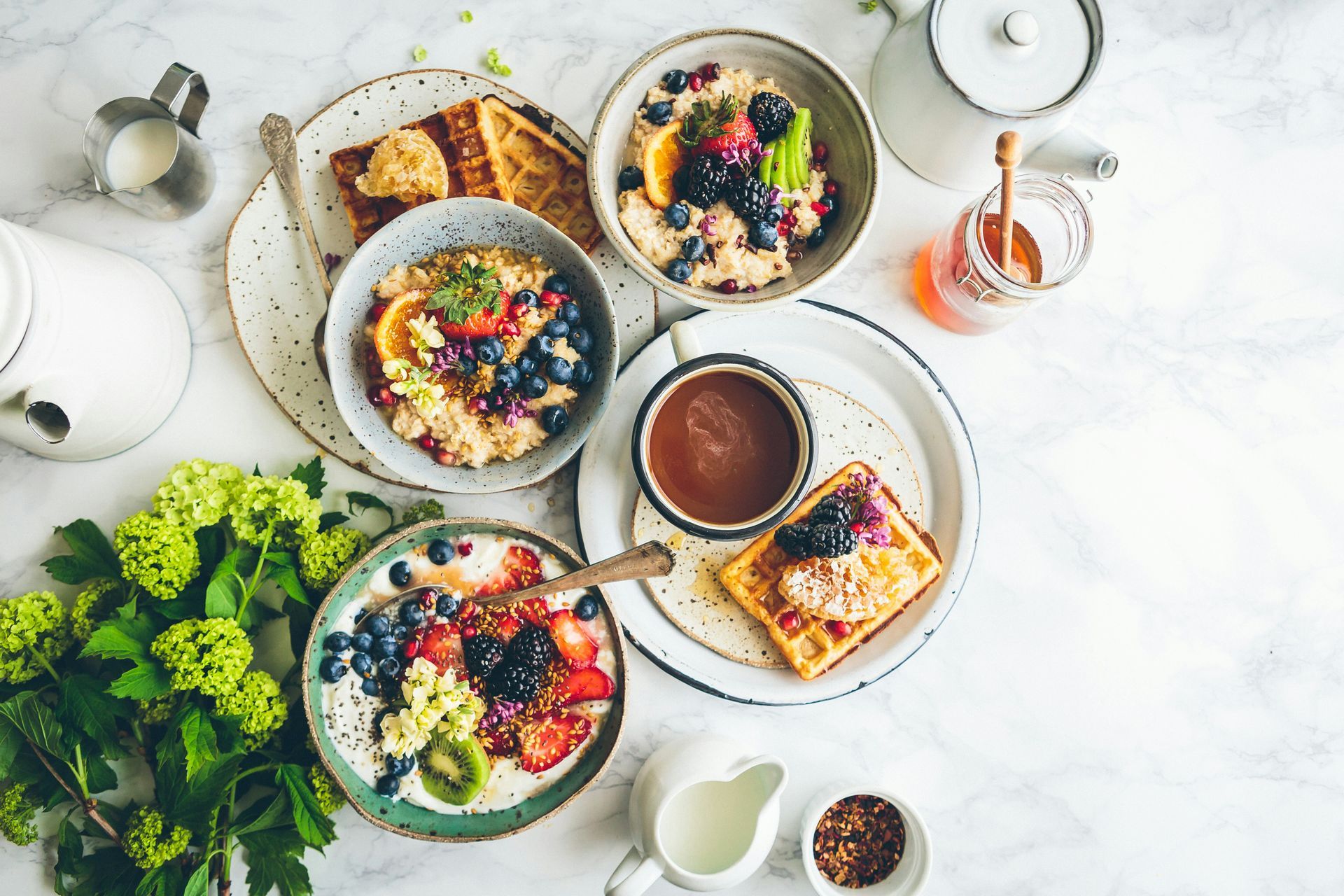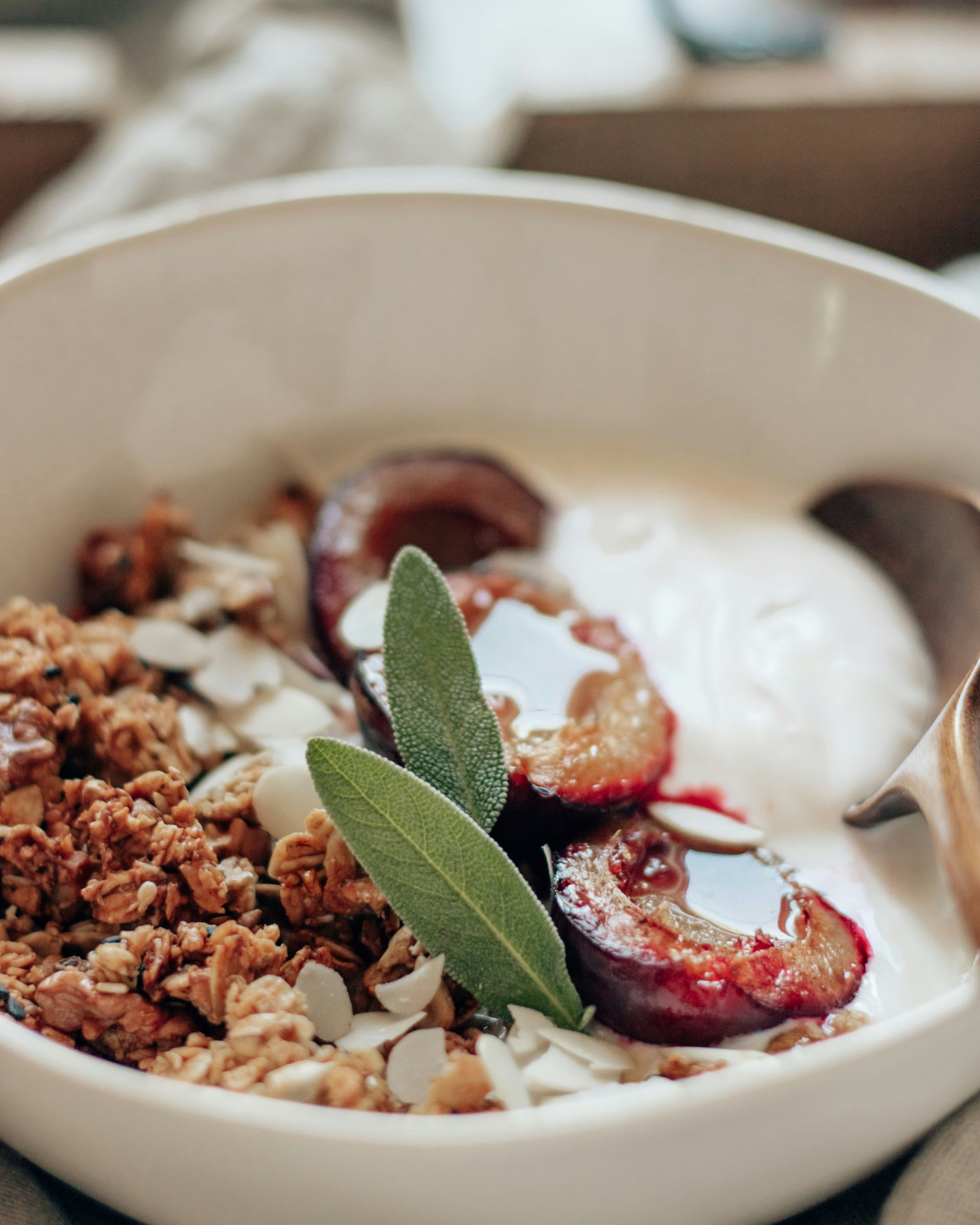
How to Plan Your Meals for Optimal Fat Loss Results
Planning your meals is an important part of achieving optimal fat loss results. A well-planned meal can help you stay on track with your nutrition goals, prevent overeating, and ensure that you're getting the nutrients you need to support your fat loss journey. In this article, we'll share some tips to help you plan your meals for optimal fat loss results.
Determine Your Caloric Needs
Before you start planning your meals, it's important to determine your caloric needs. This will help you figure out how many calories you should be consuming each day to achieve your fat loss goals.
Use an online calculator or consult with a registered dietitian to determine your daily caloric needs. Once you know this number, you can begin to plan your meals accordingly.
Focus on Whole Foods
When planning your meals, it's important to focus on whole, nutrient-dense foods. These foods are typically lower in calories and higher in nutrients, making them ideal for fat loss.
Some examples of whole foods include lean proteins like chicken, fish, and tofu, whole grains like brown rice and quinoa, and plenty of fruits and vegetables.
Don't Skimp on Protein
Protein is an important nutrient for fat loss. It helps you feel full and satisfied, while also preserving lean muscle mass. When planning your meals, be sure to include a source of protein in each meal and snack.
Some examples of protein-rich foods include eggs, Greek yogurt, cottage cheese, chicken, fish, beans, and legumes.
Incorporate Healthy Fats
Healthy fats are an important part of a well-balanced diet. They can help keep you full and satisfied, while also supporting your overall health.
When planning your meals, be sure to include sources of healthy fats like nuts, seeds, avocado, and olive oil.
Practice Portion Control
Portion control is important for achieving fat loss goals. Even healthy foods can contribute to weight gain if you're eating too much of them.
Use measuring cups, a food scale, or your hand as a guide to help you determine appropriate portion sizes. And be mindful of your hunger and fullness cues, stopping eating when you're satisfied, not stuffed.
Meal Prep
Meal prep can be a game-changer when it comes to achieving fat loss results. By prepping your meals in advance, you can ensure that you have healthy, portion-controlled options on hand throughout the week.
Consider prepping meals and snacks on the weekends, or even just prepping ingredients like roasted veggies or cooked proteins to make meal assembly easier during the week.
Be Flexible
While meal planning is important for fat loss, it's also important to be flexible. Life happens, and sometimes you may need to deviate from your meal plan.
Allow for flexibility in your meal plan, and don't beat yourself up if you don't stick to it 100% of the time. Aim for progress, not perfection.
In conclusion, planning your meals is an important part of achieving optimal fat loss results. Determine your caloric needs, focus on whole foods, don't skimp on protein, incorporate healthy fats, practice portion control, meal prep, and be flexible. With these tips, you can create a meal plan that supports your fat loss journey and helps you achieve your goals.
#ruislip #pinner #harrow #guide #to #fat #loss #personal #trainer #personaltraining #coach #weight #loss

Start Today!
Ready to transform your fitness journey? Take the first step towards achieving your goals with personal training!
My take on Health and Fitness



